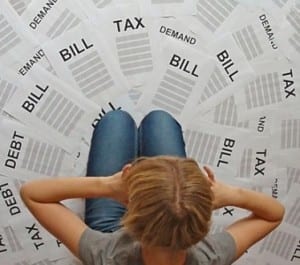Can I File A Student Loan Bankruptcy in Iowa?
Obtaining a discharge from a student loan bankruptcy is not impossible, but it is very difficult. The standard for discharge is whether paying off the student loans will place an undue burden on the debtor. The original cases under the 2005 bankruptcy act dealt with people who were totally disabled and on social security disability. Those were easy cases. The difficult cases are the debtors who have substantial debt from schooling and acquired no enhanced job skills from education. Usually, the debtor is going to have to have a substantial time frame of 10-15 years from the schooling to establish it has no value. Additionally, the debtor must an inability to make payments as well as good faith efforts to resolve the student loan debts.That means a debtor would have to have gone through the Department of education [DOE] process and internal appeals before the Bankruptcy court would intervene.The forgiveness of student loans in bankruptcy is not an all or nothing issue. The Court can order some of the loans paid and others discharged.


